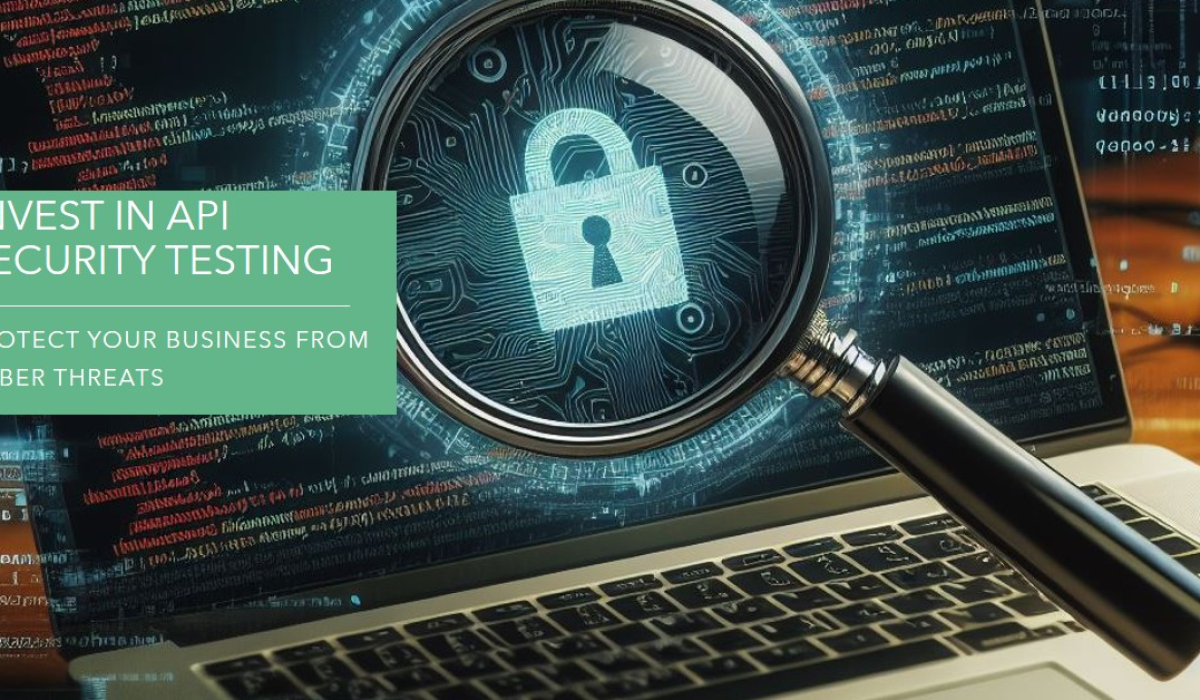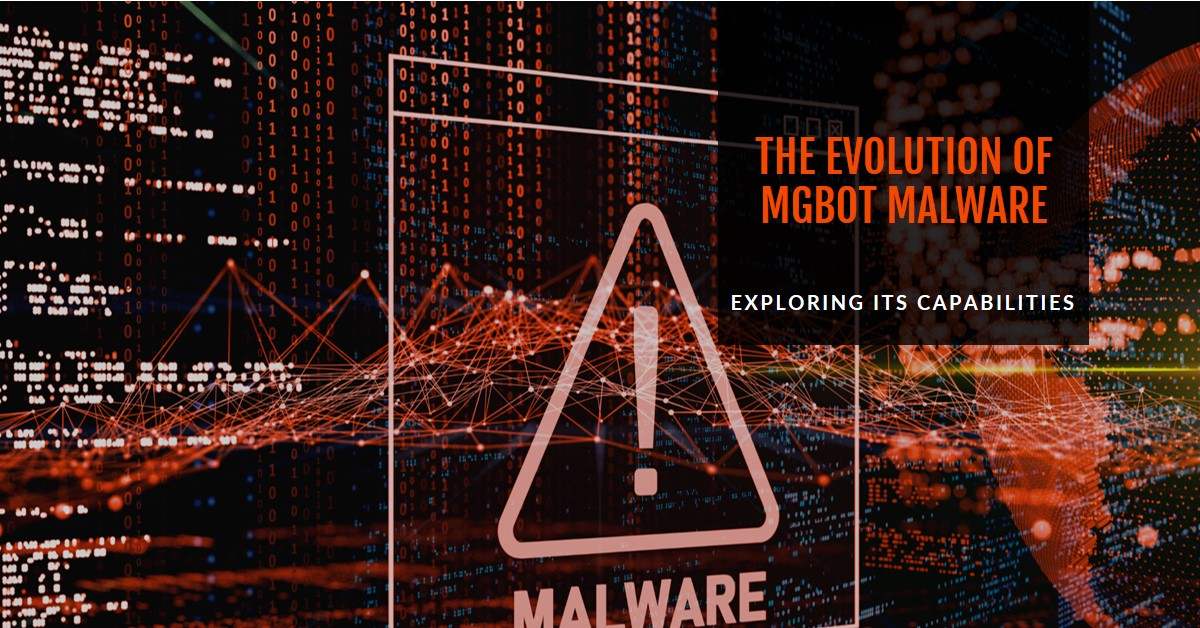
In today’s digitally driven world, businesses thrive on collaboration and seamless data exchange. This is where Application Programming Interfaces (APIs) come into play. APIs act as the invisible messengers, enabling applications to talk to each other, share data, and power the features we rely on daily. From weather updates in your newsfeed to ride-hailing apps, APIs are the backbone of our interconnected digital world.
However, with great connectivity comes great responsibility. As our dependence on APIs grows, so does the need to secure these communication channels. Enter API security testing, a vital practice that safeguards sensitive data and ensures a robust digital infrastructure. By proactively identifying vulnerabilities in APIs, businesses can prevent costly data breaches and maintain user trust.
Understanding API Security Testing
API Security Testing is a critical aspect of software development and maintenance. It focuses on identifying vulnerabilities within applications that interact with APIs (Application Programming Interfaces). APIs are the communication bridges between different software components, and their security is paramount to the overall application’s security.
Unlike traditional software testing, which primarily focuses on the functionality and performance of an application, API security testing delves deeper. It scrutinizes the security aspects of the APIs that the application interacts with. This includes testing for vulnerabilities such as unauthorized data access, data corruption, or even service disruption.
API Security Testing vs Traditional Software Testing
While both API security testing and traditional software testing aim to ensure the robustness of an application, their focus areas differ significantly:
- Traditional Software Testing: This form of testing is primarily concerned with the application’s functionality, usability, and performance. It ensures that the application behaves as expected under various conditions and can handle the intended load.
- API Security Testing: This form of testing goes a step further. It specifically targets the security aspects of the APIs that the application uses. It aims to identify and mitigate potential vulnerabilities that could be exploited, thereby ensuring the application’s security integrity.
Why Security Matters More Than Ever
Imagine a world where a single unlocked door in your high-security building compromises your entire operation. That’s the potential danger of API vulnerabilities for modern businesses. APIs, while crucial for seamless data exchange, can become gaping security holes if left unchecked. Here’s why API security is no longer an option, but a necessity:
- Devastating Data Breaches: A single vulnerable API can be a hacker’s golden ticket. They can exploit these weaknesses to steal sensitive customer data like financial information, personal details, or intellectual property. Data breaches can be incredibly costly, leading to:
- Financial penalties: Regulatory bodies can impose hefty fines for non-compliance with data privacy regulations.
- Reputational damage: Public trust takes a hit when sensitive data is compromised, potentially impacting customer loyalty and brand image.
- Operational disruptions: Data breaches can lead to system downtime and lost productivity, further hindering business operations.
- Legal Implications: Data privacy regulations like GDPR and CCPA hold businesses accountable for safeguarding user data. Failing to implement adequate API security measures can lead to legal repercussions.
Beyond avoiding these pitfalls, robust API security plays a vital role in:
- Building Customer Trust: Customers entrust businesses with their data. By prioritizing API security, businesses demonstrate a commitment to data protection, fostering trust and loyalty.
- Ensuring Regulatory Compliance: Stringent data privacy regulations mandate companies to secure user data. Implementing robust API security testing helps businesses adhere to these regulations and avoid legal trouble.
Key Areas in API Security Testing
API Security Testing encompasses several key areas that are crucial to maintaining the security integrity of an application. These areas include:
- Authentication: This involves verifying the identity of a user, system, or entity. It’s crucial to ensure that only legitimate users can access the API.
- Authorization: This is the process of granting or denying access to specific resources or functions of an API based on the authenticated user’s privileges.
- Data Validation: This involves checking the input data to the API to prevent malformed data from causing issues or vulnerabilities.
- Session Management: This involves managing user sessions to prevent session hijacking or other session-based attacks.
In addition to these areas, it’s also important to test for both common vulnerabilities (such as SQL injection, Cross-Site Scripting, etc.) and business logic flaws. Business logic flaws are vulnerabilities that allow an attacker to misuse the application by manipulating the business logic.
While common vulnerabilities are often easier to identify and mitigate, business logic flaws can be more subtle and require a deep understanding of the application’s functionality and business rules. Therefore, both should be considered during API security testing to ensure comprehensive coverage.
Best Practices in API Security Testing
Implementing a thorough and effective API security testing protocol involves a combination of strategies, including the use of automated tools, manual testing techniques, and continuous monitoring.
- Automated Tools: Automated tools can help identify common vulnerabilities quickly and efficiently. They can be used to perform repetitive tasks, such as sending different types of requests to the API and analyzing the responses for potential issues.
- Manual Testing Techniques: While automated tools are useful, they cannot identify all types of vulnerabilities, especially those related to business logic. Manual testing techniques, which involve a tester interacting with the API directly, are necessary to identify these more subtle vulnerabilities.
- Continuous Monitoring: API security is not a one-time task but a continuous process. Regular monitoring of API usage can help identify potential security threats and respond to them promptly.
Tools and Technologies for API Security Testing
API Security Testing can be significantly enhanced with the use of specialized tools and technologies. Some of the popular ones include:
- Postman: Postman is a versatile tool used for API testing. It allows you to send requests to an API and view responses in a user-friendly interface. It supports various types of requests (GET, POST, DELETE, etc.) and provides features for automation and collaboration.
- OWASP ZAP (Zed Attack Proxy): OWASP ZAP is a free, open-source web application security scanner. It’s particularly useful for identifying security vulnerabilities in web applications and APIs. It offers automated scanners as well as tools for manual penetration testing.
- Swagger: Swagger is a powerful tool for designing, building, and documenting APIs. It includes built-in support for API testing and can generate client SDKs in several languages.
Comparing Tools and Selecting the Right One
When selecting an API testing tool, consider the following factors:
- Functionality: Does the tool support the types of tests you need to perform? Does it offer automation capabilities?
- Ease of Use: Is the tool user-friendly? Does it have a steep learning curve?
- Integration: Does the tool integrate well with your existing development and testing environment?
- Cost: Is the tool within your budget? Remember, there are both free and paid tools available.
- Community and Support: Does the tool have a strong community and good support options?
Challenges and the Future of API Security Testing
Securing your APIs is like defending a medieval castle – constant vigilance is key. While our previous sections outlined the battle plan, here’s a look at the adversaries and how to stay ahead of the curve:
Challenges on the Horizon:
- Evolving Cyber Threats: Cybercriminals are constantly developing new attack methods. Just like attackers devise new siege weapons, cyber threats keep evolving. Staying updated on the latest vulnerabilities and attack vectors is crucial.
- API Complexity: Modern APIs are intricate, with complex functionalities and interactions. Imagine a sprawling castle with numerous passageways – thorough testing of these intricate APIs requires a keen eye and a structured approach.
Conquering the Challenges:
- Continuous Learning: Stay informed about emerging threats by attending security conferences, reading industry publications, and subscribing to security alerts. This continuous learning keeps your defenses updated against evolving attack methods.
- Standardized Testing Methodologies: Develop or adopt standardized testing methodologies to ensure comprehensive and consistent API security assessments. Having a well-defined testing playbook ensures all the critical areas of your complex APIs are scrutinized.
- Embrace Automation (Wisely): While automation is a powerful tool, it shouldn’t replace manual testing entirely. Combine automated tools with manual testing techniques for a well-rounded approach.
The Future of API Security: A Glimpse Beyond the Walls
The future of API security testing is bright, with exciting advancements on the horizon:
- AI and Machine Learning: Integrating Artificial Intelligence (AI) and Machine Learning (ML) into security testing holds immense potential. Imagine AI sentries that can proactively identify and analyze suspicious activity.
- API Security as a Service (SaaS): The rise of API Security as a Service (SaaS) offerings makes robust security solutions more accessible to businesses of all sizes. SaaS solutions provide a convenient and scalable way to implement advanced security measures.
The Importance of API Security Testing in Today’s Landscape
In today’s digital world, API security testing is no longer a luxury, but an essential investment. By proactively safeguarding your APIs, you can:
- Protect Sensitive Data: Prevent costly data breaches and safeguard your most valuable assets – your customer’s data.
- Ensure Business Continuity: Minimize disruptions caused by cyberattacks and maintain operational efficiency.
- Maintain Customer Trust: Demonstrate your commitment to data security and foster trust with your customers.
A Call to Action: Building a Secure Future Together
API security testing empowers businesses to build a more secure digital future. Whether you’re an aspiring entrepreneur or a cybersecurity professional, investing in learning and implementing robust API security practices is crucial.
Share your thoughts! We encourage you to leave comments or questions below. Let’s build a strong and secure online community by fostering knowledge sharing and collaboration in the ever-evolving world of API security.
At Maagsoft Inc, we are your trusted partner in the ever-evolving realms of cybersecurity, AI innovation, and cloud engineering. Our mission is to empower individuals and organizations with cutting-edge services, training, and AI-driven solutions. Contact us at contact@maagsoft.com to embark on a journey towards fortified digital resilience and technological excellence.





